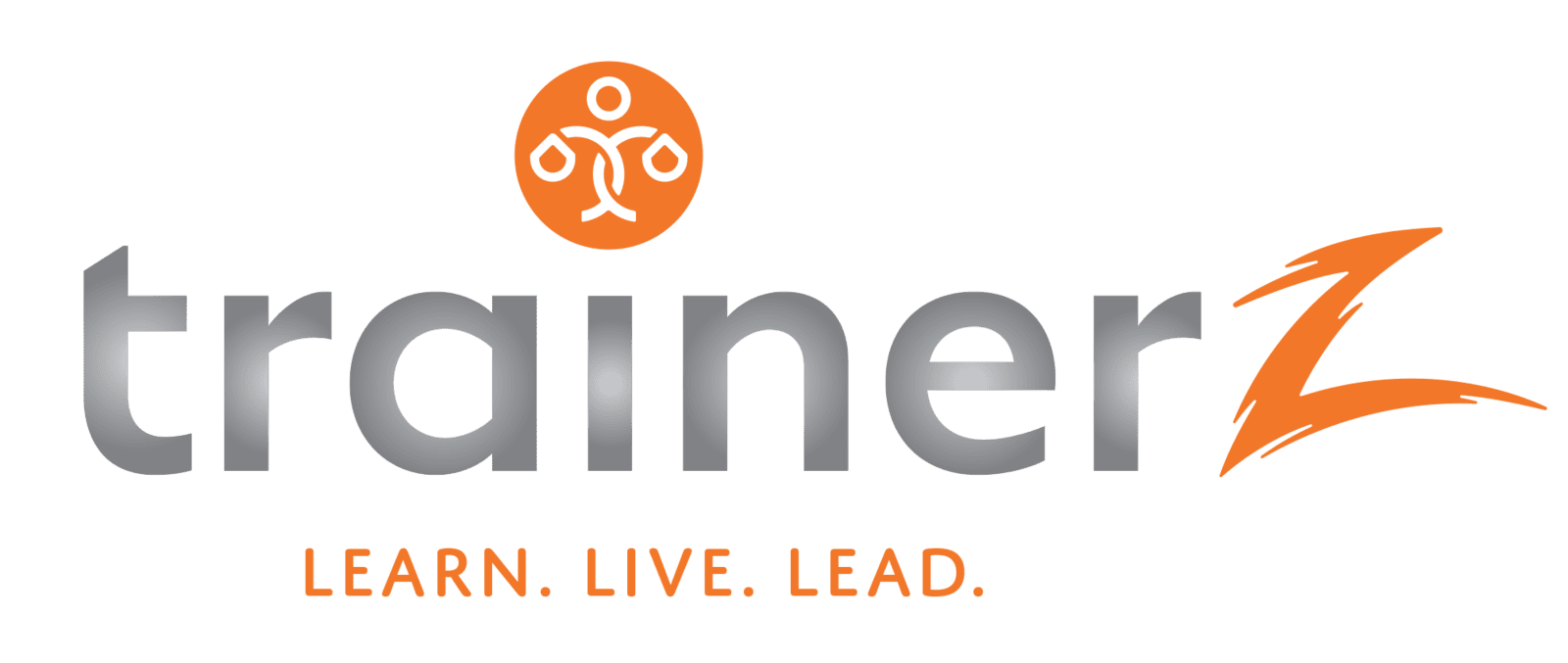Egypt SMME Sector Overview
The Micro, Small, and Medium Enterprise (MSME) sector in Egypt is the cornerstone of the country's private sector and a key driver of economic growth and employment. These businesses are highly influential in shaping the national economy.
- Economic Contribution: MSMEs make up over 90% of Egypt's private sector and contribute approximately 43% to the country's GDP.
- Role in Employment: The sector is a major employer, providing jobs for about 75% of the workforce. MSMEs are particularly crucial for absorbing the large, young population into the labor market.
- General Characteristics: Egypt's MSME landscape is a mix of formal and informal businesses, with a significant number of micro-enterprises. These businesses are essential for providing goods and services to local communities and are a vital part of the economic fabric. Government initiatives are focusing on formalizing and supporting this sector to enhance its contribution and resilience.
Key SMME Industries and Examples
1. Garment and Textiles
- Examples: Small-scale garment factories, tailor shops, textile weaving units, and dyeing businesses.
- Firm Profile: These firms are often labor-intensive, with a workforce ranging from a handful of employees to a few dozen. They can operate as subcontractors for larger factories or produce goods for the domestic market.
- Age Demographics: This industry is multi-generational. While older individuals (Gen X and Baby Boomers) may own and manage traditional workshops, younger generations (Millennials and Gen Z) are increasingly involved in modern, technology-driven aspects like fashion design and online retail.
- Opportunities & Risks:Opportunities include access to a large, cost-effective labor force and strong domestic and international demand. Risks involve intense competition, fluctuating global raw material prices, and the need to comply with international labor and environmental standards.
2. Food Processing and Agro-based Industries
- Examples: Rice mills, spice processing units, fish and seafood processing plants, and fruit and vegetable packaging businesses.
- Firm Profile: Firms vary from small, family-owned operations in rural areas to more structured processing units with machinery. They are heavily dependent on local agricultural output.
- Age Demographics: This sector sees a mix of age groups. Older entrepreneurs are often involved in traditional farming and primary processing. Younger individuals (Millennials and Gen Z) are innovating with value-added products like organic snacks and packaged foods, leveraging digital platforms for marketing and sales.
- Opportunities & Risks:Opportunities are abundant due to the country's vast agricultural base and rising domestic consumption. Risks include supply chain inefficiencies, vulnerability to weather conditions, and the need for food safety compliance.
3. IT and IT-enabled Services (ITES)
- Examples: Software development, freelance web design, digital marketing agencies, and call centers.
- Firm Profile: Typically small, agile, and knowledge-based businesses. Many are start-ups run by young entrepreneurs who operate from co-working spaces or small offices.
- Age Demographics: This industry is heavily dominated by Gen Z (18-29) and Millennials (30-45). These digital natives have the necessary technical skills and are driving innovation in this fast-growing sector.
- Opportunities & Risks:Opportunities include a growing demand for digital services, a large pool of talented and educated youth, and the potential for high-value exports. Risks involve fierce competition, rapid technological advancements, and the need for continuous skill upgrading.
The Most Popular SMME Industries (Per Age Group/Generation)
- Youth & Millennials (Age 18-45): This demographic is at the forefront of the new-age economy. They are most prominent in technology-driven sectors like IT, e-commerce, and digital marketing. They are also revitalizing traditional sectors by introducing technology, such as in agritech and online fashion retail.
- Middle-Aged (Gen X, Age 46-59): Entrepreneurs in this age bracket often have significant professional experience. They tend to dominate well-established sectors like traditional retail, light manufacturing, and construction. Many are transitioning from corporate careers into entrepreneurship, leveraging their networks and business acumen.
- Older Generations (Age 60+): This group is primarily involved in long-standing family businesses, including small retail shops, traditional crafts, and agriculture. Their businesses are often community-centric and thrive on decades of established trust and customer loyalty.
The Most Popular SMME Industries (Per Region/Province/State)
- Cairo Governorate:
- Summary: As the capital and largest city, Cairo is the country's primary economic engine, with a focus on services, trade, and finance.
- Key Industries: Retail, food and beverage, IT services, and logistics.
- Trends: A growing startup ecosystem, particularly in fintech and e-commerce.
- Giza Governorate:
- Summary: Giza is closely integrated with Cairo's economy, with a strong presence in tourism, construction, and IT.
- Key Industries: Tourism-related services (hospitality, tour guiding), construction, and a growing hub for IT and communications.
- Trends: The development of new administrative and residential areas is creating opportunities in construction and related services.
- Alexandria Governorate:
- Summary: A major port city, Alexandria's economy is driven by trade, manufacturing, and a historical connection to the sea.
- Key Industries: Trade and commerce, manufacturing (textiles, food processing), and fishing.
- Trends: The government is seeking to revitalize the city's role as a major industrial and commercial hub.
- Al-Qalyubia Governorate:
- Summary: Located north of Cairo, Al-Qalyubia is an industrial and agricultural hub that supports the capital.
- Key Industries: Textiles, food processing, and a range of light manufacturing.
- Trends: The proximity to Cairo provides a strong market for both industrial and agricultural products.
- Al-Sharqia Governorate:
- Summary: This governorate has a strong agricultural base, making it a key area for agro-industries.
- Key Industries: Agro-based industries (food processing, animal feed), and textiles.
- Trends: A focus on improving agricultural technology and developing value-added products from farming output.
The training and business consulting required for these popular industries
- IT and IT-enabled Services (ITES):
- Training: Advanced courses in AI, cybersecurity, and cloud computing certifications.
- Consulting: Business strategy for scaling tech startups, digital marketing, and legal advice on intellectual property (IP) protection.
- Food Processing and Agribusiness:
- Training: Food safety and hygiene certification, modern food preservation and packaging techniques, and supply chain management.
- Consulting: Market analysis for new product launches, financial planning for capital expenditure on machinery, and export promotion.
- Textiles and Apparel:
- Training: Digital design software, sustainable and eco-friendly production methods, and e-commerce platform management.
- Consulting: Supply chain optimization, export market identification, and brand development for a global audience.
- Tourism and Hospitality:
- Training: Customer service excellence, digital marketing for tourism businesses, and hospitality management software.
- Consulting: Destination branding, risk management, and business model innovation for niche tourism sectors.
Top SMME Business Opportunities (Per Region/Province/State)
- Cairo Governorate: A digital marketing agency, a mobile application development company, and a catering business specializing in corporate events.
- Giza Governorate: A specialized tour operator for niche markets (e.g., historical tours, eco-tours), a construction and renovation business, and an IT services firm.
- Alexandria Governorate: A business providing logistics and shipping support to the port, a small-scale textile manufacturing unit, and a food processing and packaging business for exports.
- Al-Qalyubia Governorate: A business that produces and packages animal feed, a light manufacturing unit for plastic goods, and a transport service that moves goods between the industrial zones.
- Al-Sharqia Governorate: A modern farm that uses technology to increase yield, a food processing and packaging business for local produce, and a business that provides agricultural consulting services to other farmers.
Business and Vocational Skills required for these SMME Opportunities
- General Business Skills (for all regions):
- Financial Literacy: Understanding of cash flow, basic accounting, and financial planning.
- Digital Marketing: Ability to create a strong online presence, use social media for business, and run targeted ad campaigns.
- Networking: Building a professional network for partnerships, mentorship, and business development.
- Resilience: The ability to adapt to changing market conditions and overcome economic challenges.
- Vocational Skills (specific to regional opportunities):
- Cairo & Giza: Advanced IT skills, project management, and expertise in digital marketing and web development.
- Alexandria: Knowledge of logistics and supply chain management, export-import procedures, and technical skills in manufacturing.
- Al-Qalyubia & Al-Sharqia: Expertise in agricultural technology, food safety and processing standards, and technical skills in light manufacturing and machinery operation.


